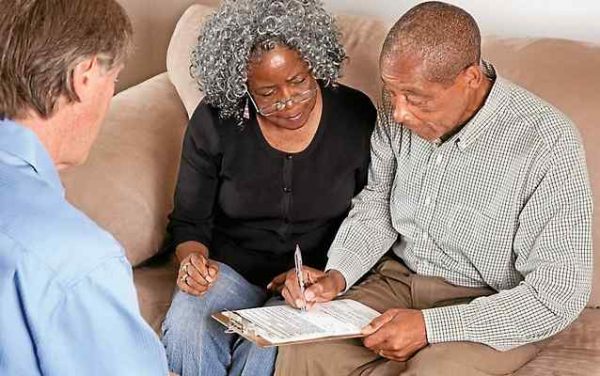By Debra Kaszubski

Doulas have typically assisted women during childbirth, or to support the family after the baby is born. But recently some doulas have shifted their focus to helping dying patients and their families.
Merilynne Rush and Patty Brennan, alternative health professionals, will offer Michigan’s first end-of-life doula training Nov. 18-20 in Ann Arbor. The sessions are geared for family members and friends of the dying, hospice and palliative care workers, midwives and doulas, clergy, therapists, life coaches, and anyone interested in preparing for their own death. It is not recommended for the recently bereaved.
While end-of-life doulas, also called death doulas or death midwives, aren’t medical professionals, they can supplement the work of hospice staff by providing ease and comfort to patients and their families.
Death doulas typically have experienced loss and want to encourage conversations and decision making about dying so patients and families can make their last days and the bereavement process more meaningful.
Each doula’s services are tailored to the specific needs of each patient and his or her family. They can include helping to create a death plan and caring for patients whether in a hospital or at home. Death doulas provide spiritual, emotional and psychological care to patients and their families, and can help plan home vigils and funerals.
Fees for their services also vary widely; some charge per hour, others offer packages for specific services, and some work on a volunteer basis or waive their fees for families who can’t afford their services.
“As more and more of us live longer and face chronic and life-limiting illness, the period of dying has extended from a few days or weeks to months or years,” Rush said. “Medical care focuses solely on cure and treatment. Patients often feel adrift among medical choices while grasping for ways to live with illness in full awareness that death will come. Life choices include acceptance, growth and sharing gifts of love and preparation. There is much meaning to be found during the dying year that is profound and life affirming.”
Deanna Cochran, a former hospice nurse from Austin, Texas, became an end-of-life doula after her mother’s death. She now works with patients who call on her to help them write advanced directives, plan funerals and prepare their family for their passing.
Cochran notes that death is a topic many people continue to feel uncomfortable addressing with their loved ones. Doulas can break the ice and serve as an impartial third party who facilitates conversations about end-of-life wishes.
“I started my private practice to help other families have the same end-of life experience that my mom had,” Cochran said. “My mom didn’t want to die in a hospital. She got to stay in her home with her family and dog and to remain comfortable, despite having an aggressive cancer.”
During the training sessions in Ann Arbor, participants will attend several workshops: assessing the needs of the dying, what is “good death,” how to hold a vigil, hands-on comfort measures, and working with the hospice and palliative care team, as well as doula practice considerations. Day three covers how to have a home funeral, a normal extension of hospice care which brings healing and comfort to friends and family through hands-on involvement in care of the body after death.
The event takes place at the Center for the Childbearing Year, 722 Brooks St. in Ann Arbor. For information and to register, visit center4cby.com.
Complete Article HERE!
